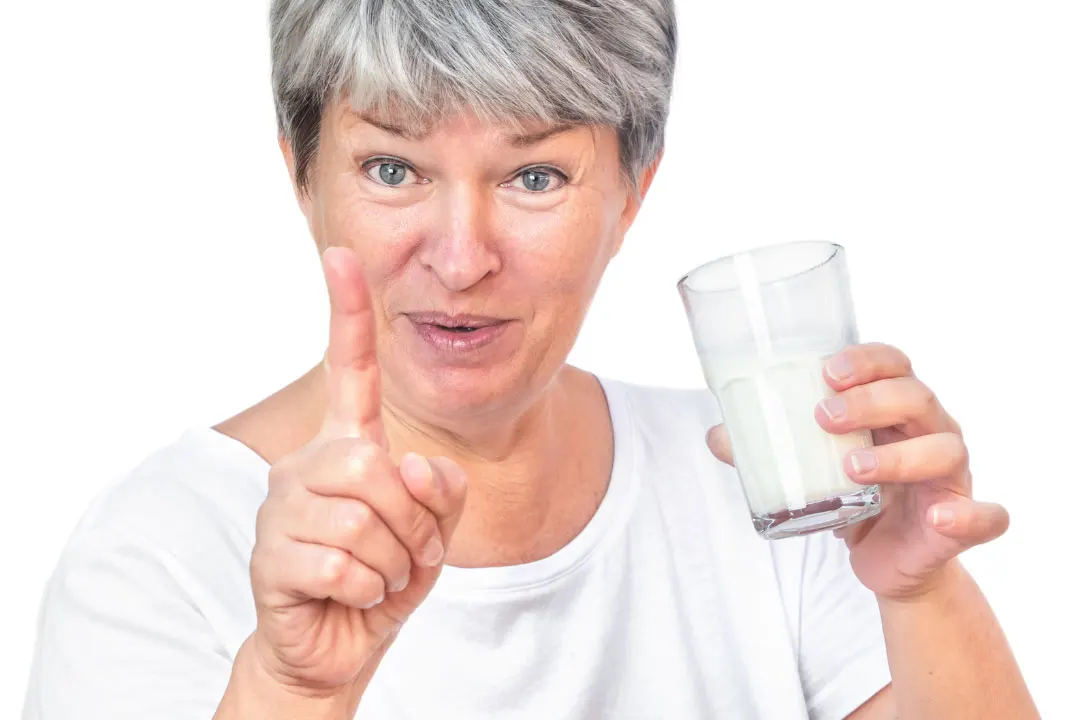Seniors have unique nutritional needs, and essential vitamins and minerals play a crucial role in combating age-related challenges. In this article, we delve into the must-have nutrients that seniors need to embrace the latter part of life.
“Youth is the most precious thing in life; it is too bad it has to be wasted on young folks.”
– George Bernard Shaw 1935
Youth may be wasted on the young, but health doesn’t have to be. As the number of elderly people in society continues to increase with the aging of the Baby Boom generation, so does the number of seniors who refuse to give up their healthy living practices and give into the sedentary lifestyle known to rob people of their vigor and hasten their physical demise.
Age inevitably changes many functions of the human body, from the immune system to the heart, bones and muscles. The digestive system, blood cell production and even the efficiency of brain cells can be affected by these changes.
Fortunately, researchers studying the effects of aging have discovered that a well-planned regimen of diet, exercise and nutritional supplements can delay the onset of some of these effects and minimize the damage done by others. Seniors who want to stay young at heart have plenty of things they can do on a regular basis to make that healthy goal a reality.
You May Also Like:
Should You Try Supplements for Gout? Here Are the Facts
Unlocking the Power of Supplements for Stress Relief: Our Guide to Finding the Perfect Solution
Combating Age-Related Decline: Nutrients You Absolutely Need as a Senior is an original (News7Health) article.
Nutrients for the elderly:
Not just a pill a day
Good nutrition for people of all ages is about eating a healthy, balanced diet that gives the body the nutrients it needs. Nutrients include such things as carbohydrates, fats, proteins, vitamins, minerals, and water. Consumed properly, they provide energy and can help control weight. They may also help prevent some diseases, such as osteoporosis, high blood pressure, heart disease, type 2 diabetes, and certain cancers.
As the body changes with age, so too do its nutritional needs. For example, seniors may need fewer calories, but they still need to get enough nutrients. Some older adults need more protein.
Nutritionists recommend that older adults make sure their diets include foods that provide lots of nutrients without a lot of extra calories such as fruits and vegetables; whole grains; low-fat dairy products; seafood, lean meats, poultry and eggs; and an assortment of beans, nuts, and seeds. They suggest avoiding empty calories in foods such as chips, candy, soda, and alcohol. They also warn people to choose foods that are low in cholesterol and unhealthy fats.
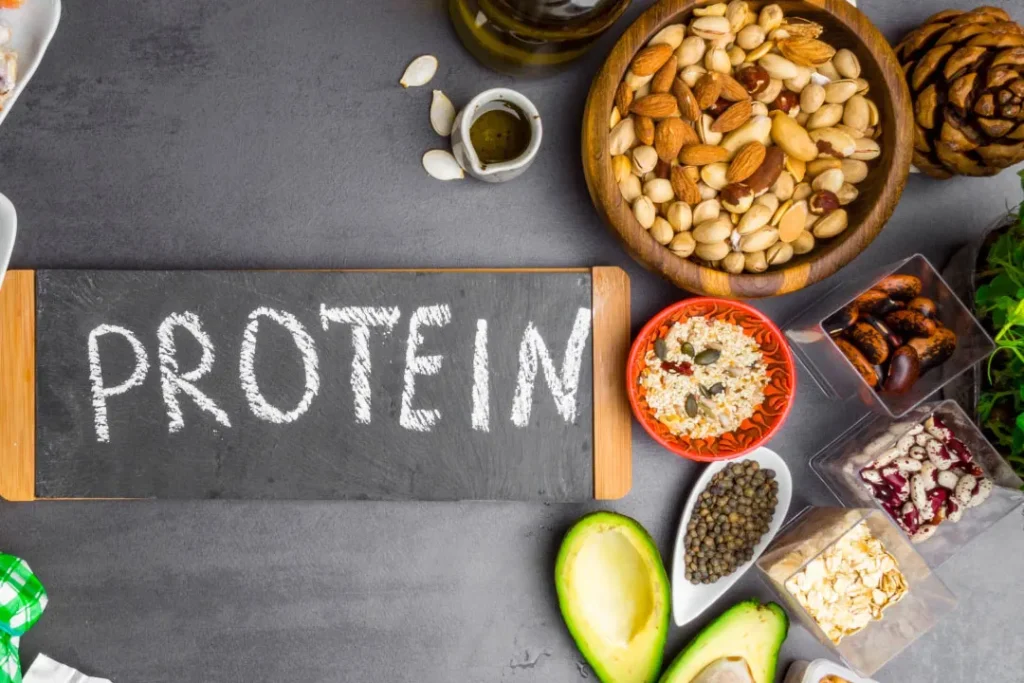
Recommended vitamins and minerals for seniors
Here are some specific vitamins and minerals that should be a regular part of every older person’s diet. Along with the benefits are listed the best sources for these nutrients.
Vitamin A – Its benefits include the maintenance of normal, healthy vision; it affects immune function. Some of the best sources are liver, carrots, sweet potatoes, squash, broccoli, eggs, fortified cereals served with skim milk, and cheese.
Vitamin C – Its benefits include tissue repair and production; wound healing; and helping the body fight various diseases and infections. Good sources include citrus fruits, tomatoes, green peppers, leafy greens, berries, and pineapples.
Vitamin B12 – Benefits include the promotion of healthy nerve and blood cell production; it also helps make DNA (the genetic material in the body). Some good sources are beef liver, clams, red meat, fish and other seafood, poultry, eggs, milk, yogurt, and fortified foods.
Vitamin D – Its benefits include helping you maintain bone mass into old age; it also affects immune function. Good sources include sun exposure, fatty fish, and fortified dairy products.
Calcium – The benefits of this mineral include healthy teeth and bones; it also lowers the risk of developing osteoporosis, colon cancer, and/or hypertension. Among the good sources for it are dairy products, spinach, kale, salmon, and dried beans.
Potassium – Its benefits include lowering the risk of developing high blood pressure, reducing the risk of developing kidney stones, and helping prevent bone loss. Good sources are bananas, low-fat milk, yogurt, spinach, broccoli, baked potato with skin, strawberries, and avocados.
Iron – The benefits of iron include its ability to carry oxygen to muscles; it prevents iron deficiency anemia. Some good sources for iron are red meats, dried beans and fruit, eggs, fortified cereals, tuna, and poultry.
Zinc – Last on the list alphabetically but not nutritionally, zinc’s benefits include its effects on immune function and the role it plays in the various proteins used by the body in a wide range of important functions. Good sources are oysters, red meat, poultry, beans, whole grains, and fortified breakfast cereals.
The Dietary Guidelines for Americans, 2020-2025, is a great resource that recommends how much of each vitamin and mineral men and women of different ages should get.
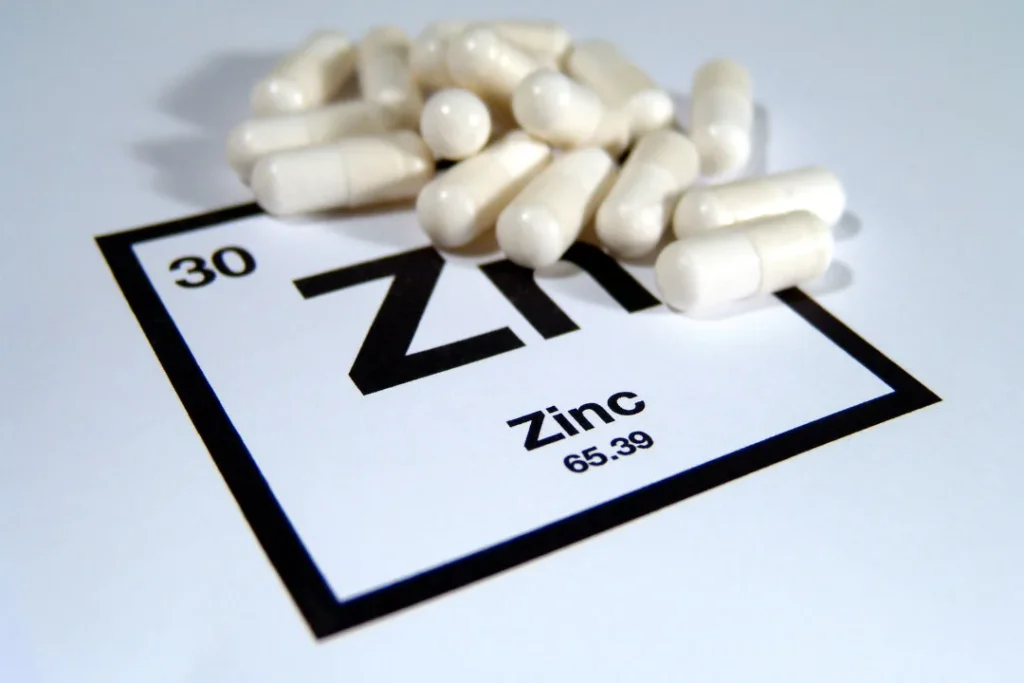
How one man’s health regimen led the way for thousands of others
Hundreds of companies have sprung up in recent years to provide the vitamins and minerals needed by older adults. Some are merely repackaging their previous multivitamin formations, while others take a more careful approach to determine the best ingredients for this specific population.
Boomers Forever Young was started by two men who faced the issues of aging, and it has grown into one of the most innovative companies that promote a total health system for people as they age. While working together on several business projects, Bob Gilpatrick, who is a holistic health therapist, began helping Larry Daudelin with different health problems that are typically seen in people his age.
“He was 65 years old, but he was going on 85,” Gilpatrick says of his friend and business partner. “He was way overweight, taking 11 medications, had just had two major surgeries, and was scheduled for two more.”
Gilpatrick said he could help.
“I started piecing together a program for him of stress management, some physical readjustments, and then I worked on his nutrition. I had worked with some of the best medical innovators in the world, who were helping people who are elderly receive advanced nutrition.”
After two months, Larry had lost lots of fat, gained significant energy, reduced his prescription medications, and looked and felt younger. Another four months went by, and Larry had lost 20 more pounds of fat and was able to avoid those two surgeries. Additionally, he was able to eliminate the last of his prescription drugs.
“He said to me, ‘Man, I’m doing so well – how would you like to start a company so we can help others do the same thing?’”
That was in 2010, and the company they founded – Boomers Forever Young – is still booming. Its daily nutritional regimen includes a total of 70 ingredients, and Gilpatrick says this formulation is 10 times better than his first concoction for Daudelin.
A major breakthrough occurred when the company was introduced to a horticultural scientist who was producing a product made from organic barley seeds. This product, now called Gladiator Barley, is loaded with superoxide dismutase and predigested protein. One of the main benefits is its ability to increase nutrient absorption through internal cleansing.
Gilpatrick says the improvement in nutrient absorption is especially important as people get older. Their nutritional needs increase with the years, so the products they take are generally stronger than those formulated for younger bodies.
“We have a phrase – ‘Get the strong stuff.’ Baby boomers need stronger nutrition products and they need a strategy for restoring their ability to absorb nutrients,” Gilpatrick says. “They have to be able to restore their circulation so they can circulate what’s in their blood plasma. They have to be able to digest their food better.”
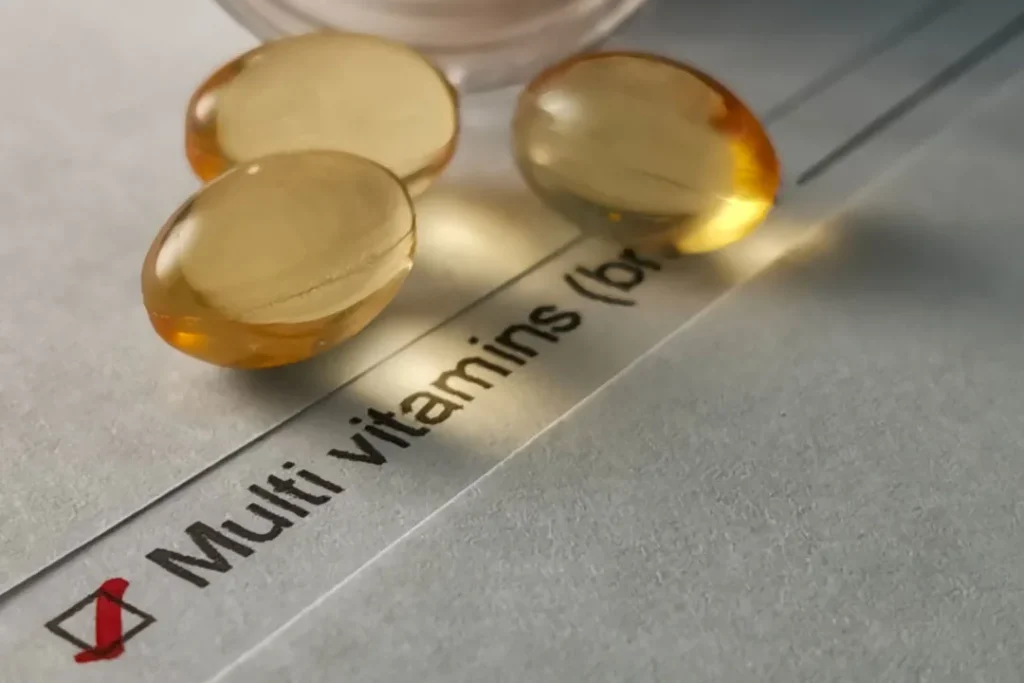
Staying healthy longer
Breakthroughs in medical science have extended life expectancy by decades, but longevity in itself is not the ultimate goal for many people. Quality of life – how much enjoyment one can get from physical and mental activities that require healthy bodies and sharp minds – is at the top of many people’s lists. The usual recommendation of a better diet and exercise can go a long way to making that goal a reality, but seniors should also be deliberate about the nutritional supplements they consume.
A good diet can be hard to maintain in later life, so consider ensuring you get all of the vitamins and minerals needed for good health through supplements. Taken properly with the advice of medical professionals, these supplements can add a nice glitter to the golden years.
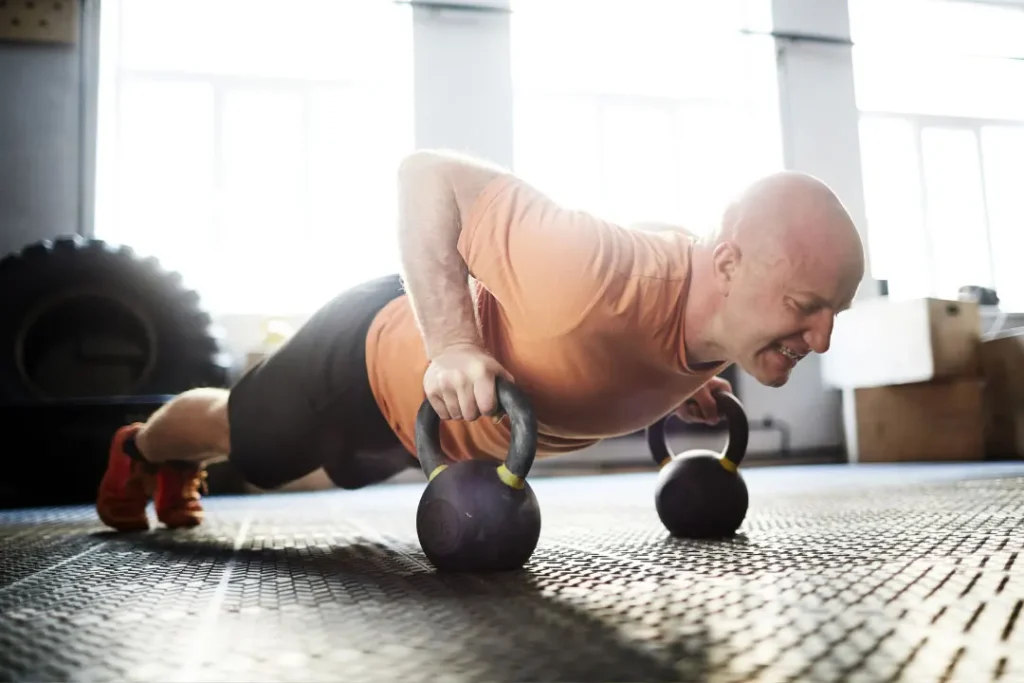
Further reading:
Health.gov: Nutrition as We Age: Healthy Eating with the Dietary Guidelines
National Institute on Aging: Healthy Meal Planning: Tips for Older Adults
Centers for Disease Control and Prevention: Still Going Strong
Important Note: The information contained in this article is for general informational purposes only, and should not be construed as health or medical advice, nor is it intended to diagnose, prevent, treat, or cure any disease or health condition. Before embarking on any diet, fitness regimen, or program of nutritional supplementation, it is advisable to consult your healthcare professional in order to determine its safety and probable efficacy in terms of your individual state of health.
Regarding Nutritional Supplements or Other Non-Prescription Health Products: If any nutritional supplements or other non-prescription health products are mentioned in the foregoing article, any claims or statements made about them have not been evaluated by the U.S. Food and Drug Administration, and such nutritional supplements or other health products are not intended to diagnose, treat, cure, or prevent any disease.

